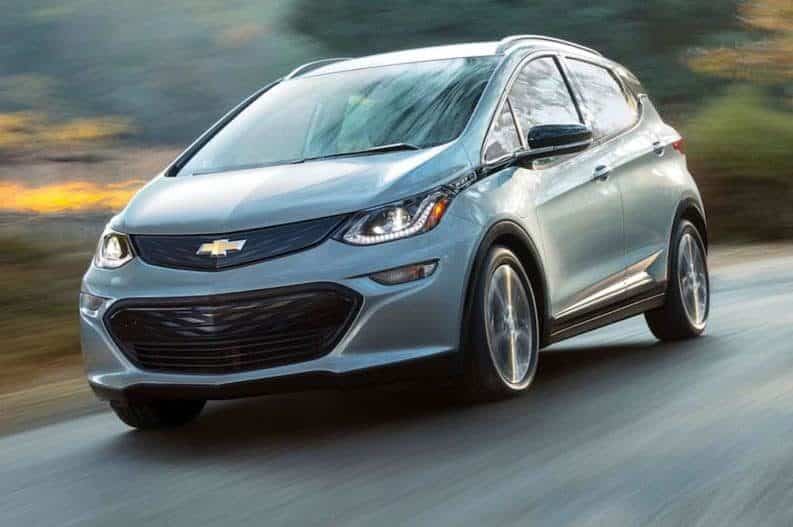Even if you don’t keep up with the latest automotive news, you’re surely aware that seemingly every car company is looking to produce some type of self-driving car. Well, Chevy has decided to take a rather unprecedented route as they look to achieve this goal – before any other automaker.
General Motors has commissioned several schools to help them transform one of their premier offerings into an autonomous-driving vehicle. Now, we’re assuming that these teams of students aren’t your typical partying college kids. Instead of wearing lampshades on their heads, we wouldn’t be shocked if they’re devoting all of their free time into making this dream a reality.
Who knows? Maybe someday when you head into a Chevy dealer in Ohio, you’ll be targeting a vehicle that was partly designed by an engineer who is less than half your age…
As Chris Velazco of Engadget.com recently wrote, GM approached teams from Virginia Tech, the University of Waterloo, Kettering University, the University of Michigan, Michigan Tech, the University of Toronto, Texas A&M, and North Carolina A&T to help improve the self-driving prowess of the Chevy Bolt EV. When the plan was announced late last year, the company touted that they were seeking participants who focused on “real-world applications of sensing technologies, computing platforms, software design implementation and advanced computation methods.” In other words, this writer certainly wouldn’t have been eligible for the gig.
So what’s the goal? As Velazco writes, the brand is hoping to see some progress by Spring of 2018. That means these college teams have more than a year to refine their technology. A reasonable goal would be to have their Bolt capable of driving down a straight road by itself. Although, we’d be super impressed if these college engineers found a way to make the Bolt self-drive to a local package store and pick up some booze for the weekend.
Velazco notes that relying on college students isn’t completely unprecedented in the automotive industry. Uber had previously approached Carnegie Mellon University (as well as four faculty members and more than 30 researchers) to engage and collaborate on some type of project. Unfortunately, that relationship didn’t last all that long, but it’s clear that these companies value the expertise (and, perhaps, the millennial mindset) of these college students.
I have several recommendations of ways that car companies can further utilize college students. I’m sure there’s at least one engineer out there who could find a way to install a full soda machine in their vehicle. Alternatively, while there’s already technology that allows you to seamlessly connect a smartphone to a vehicle, I’d appreciate technology that will respond to all of my girlfriend’s questions without me having to open my mouth. I’m not saying these inquiries are annoying, but sometimes I prefer to listen to sports talk radio during my commute home from work instead of talking on the phone.
Whenever I imagined the future, I certainly envisioned self-driving cars. However, I didn’t anticipate that these vehicles would be designed by college kids. I’m skeptical about whether these teams will end up making any progress. However, if they do, I can assure you that I’ll receive a call from my mother asking why I was never that productive in college.




